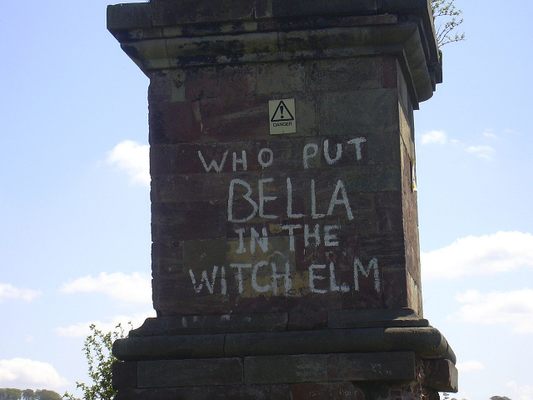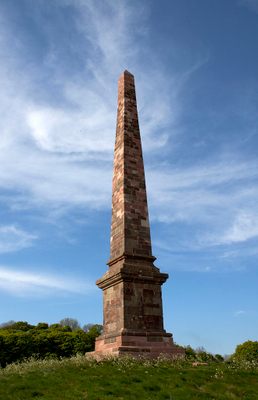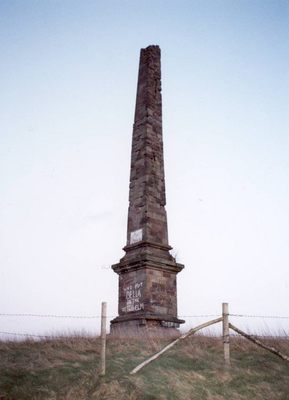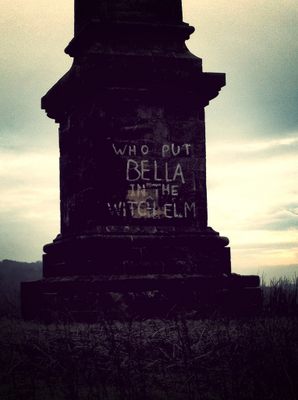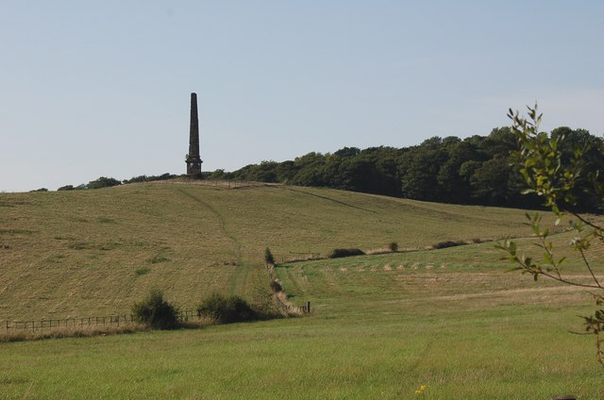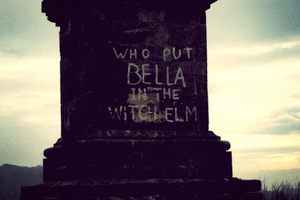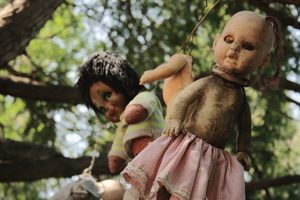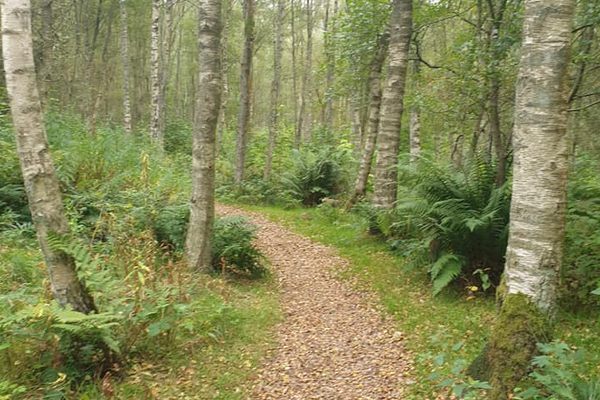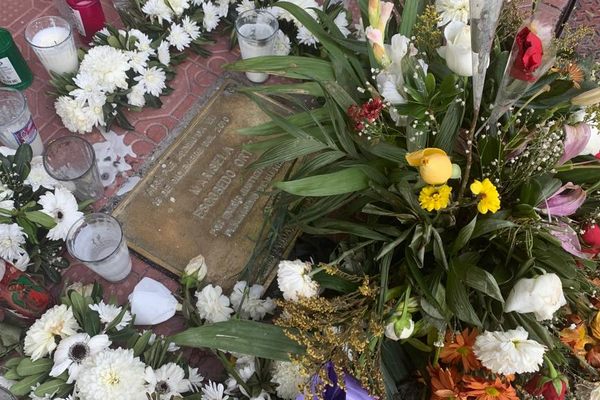About
WHO PUT BELLA IN THE WYCH-ELM?
That is the unsettling phrase that's been repeatedly tagged on the Wychbury Hill obelisk by an anonymous hand, a reference to a strange unsolved 1940s murder.
The obelisk itself, sometimes called the Hagley Monument, was constructed in 1747 under the orders of Lord Lyttelton who owned the nearby Hagley Hall. It deteriorated for much of the 20th century, but was restored in 2011. However, its most interesting feature has been an ephemeral question on a gruesome murder that remains a mystery.
In 1943, in the midst of World War II, some kids discovered a skull inside a hollow witch hazel tree in Hagley Wood. When the tree was better investigated, a whole skeleton was found that appeared to belong to a woman with dark hair who had been dead for a year and a half.
No one was ever charged, and as the country was preoccupied with the mounting casualties of the war, the search for the skeleton's identity faded until it was forgotten. But not by everyone. In 1944, graffiti was discovered on an abandoned building demanding: WHO PUT LUEBELLA DOWN THE WYCH-ELM in large white letters. (The witch hazel and witch elm trees are quite close in appearance, suggesting a familiarity with the crime scene.) Soon variations appeared around the Midlands, alternately using the name Luebella and Bella (although the dead woman never officially was identified with a name) and referencing the Hagley Wood, with some just stating HAGLEY WOOD BELLA. It gradually refined into the direct: WHO PUT BELLA IN THE WYCH-ELM, or sometimes WITCH ELM.
The graffiti on the obelisk goes back to the 1970s and continues as a chilling, recurrent reminder of the dead woman found in a tree who has still never been identified.
Related Tags
Published
October 8, 2012
